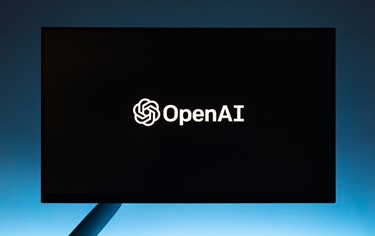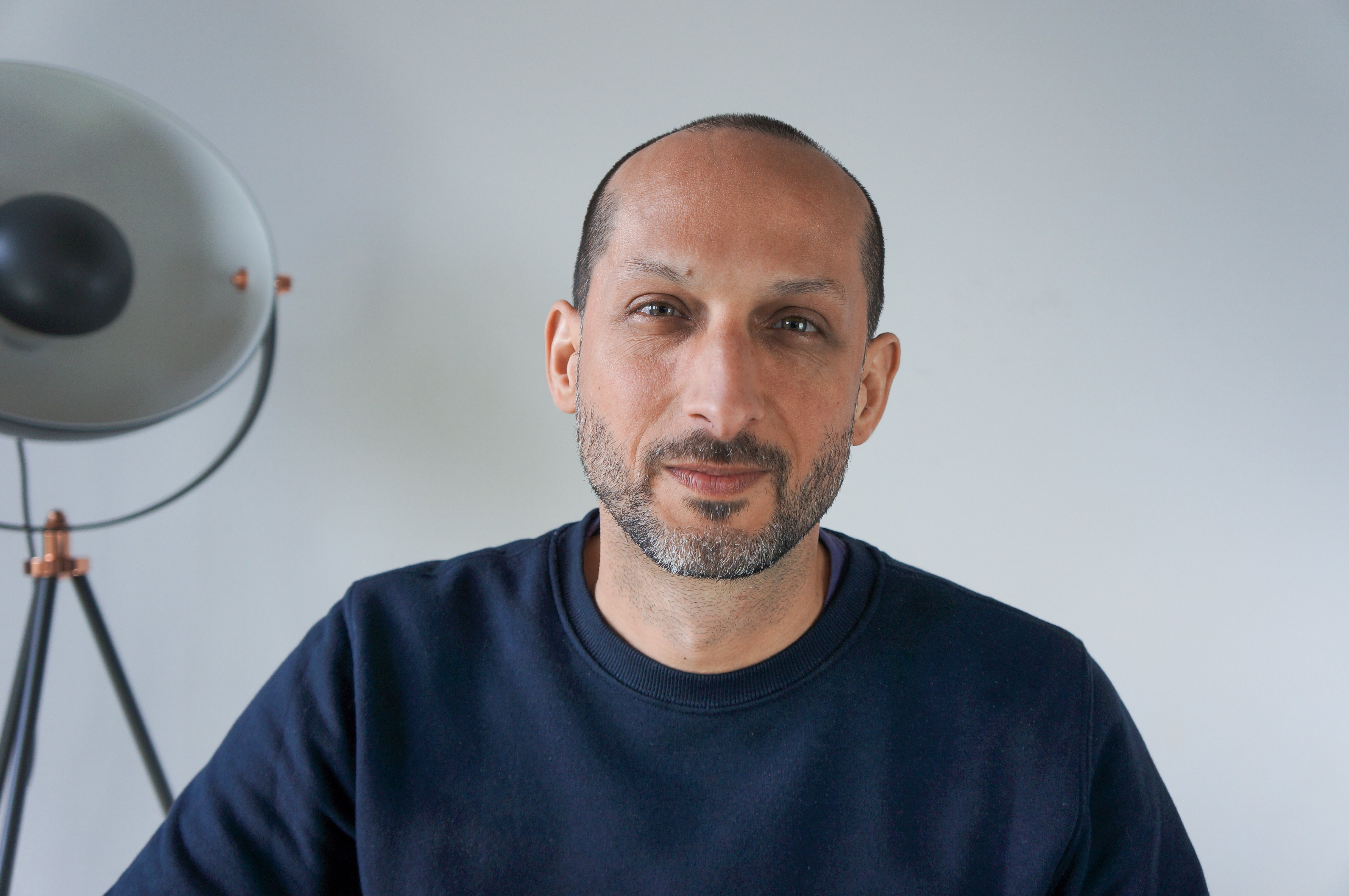The tech landscape continues to transform before our eyes, and - this week at least - it's not the giant multinational tech corporations steering the change. We find ourselves in the midst of an uprising, orchestrated by the open-source community.
A leaked document from a Google engineer has hit the tech headlines for its revelations about the shifting dynamics of Ai progression. The document's author lays it out with almost refreshing honesty - the Ai race is no longer a competition amongst tech titans like Google and OpenAi. A "third faction" has been steadily growing in strength and influence, subtly altering the rules of the game - the open-source community.
If the term "open-source" feels a touch too technical, think of it as publicly accessible software that's free for everyone to peek at, use, modify, and share. In terms of Ai, this democratisation signifies that state-of-the-art Ai models and tools are within reach of anyone wielding a computer and the curiosity to explore.
This tectonic shift in accessibility has profound implications for businesses and entrepreneurs. The once exclusive Ai club, the realm of the tech elite, is fast becoming a common playground for everyone. Let's delve a bit deeper into what this shift entails.
Ai: No Longer Just for the Big Players
Ai is becoming commoditised. This means that Ai tools and services, which were once exclusive to large organisations with deep pockets, are now available to anyone with an interest in the field.
You can automate your business processes, analyse customer behaviour, or even develop new products or services using Ai without spending months and millions on your own Ai models. That's the kind of power we're talking about, and it's becoming more accessible every day; Open Source models at our fingertips were unimaginable even a few months ago; that’s the pace of change we’re experiencing now.
The Power of the Open-Source Community
The Google engineer's document highlights the growing power of the open-source community. This loosely affiliated group of developers and enthusiasts are creating Ai tools that anyone can use, adapt, or improve.
One example is Meta's LLaMA model, a sophisticated Ai tool that was made open-source. This means that any business or entrepreneur can use it without paying a penny in licensing fees. It's like having the keys to a powerful sports car, and all you need to do is learn how to drive it.
Where is it all going?
There’s been a lot of talk recently about ever-growing Ai models; it seems inevitable that in a couple of years, we’ll have just one, giant Ai model that can do everything and anything; the Ai overlord. But Ai is also becoming more specialised. For example, there's LoRa, an image model that doesn't try to do everything. Instead, it focuses on doing one thing well; You can get LoRa’s that refine general image models to become great at Anime art, or photographic portraits.
I think that this is the direction Ai is heading. Instead of one all-encompassing Ai, we could see a collection of smaller, highly skilled models. Each one is an expert in a particular field, ready to step forward and share its expertise when needed.
Here's where the open-source movement makes a difference. Open source is all about sharing and collaboration. It's about making tech accessible for everyone, not just those with deep pockets. With open-source Ai, these specialised models could be developed and fine-tuned by experts in specific fields within the global community, leading to rapid advancements and widespread accessibility.
You could have an Ai that's brilliant at business strategy; another that's a natural at copywriting, or even one that's got accounting down to a fine art. This team of Ai specialists would be ready to help you tackle all sorts of challenges in your business.
So, we might be moving away from a 'one-size-fits-all' approach to Ai. Instead, we're looking at a future where your Ai support comes from a team of specialists, each an expert in its own right. Thanks to the open-source movement, this future might be closer than we think.
Collaboration is Key
One of the key takeaways from the Google engineer's document is the call for collaboration. The future of Ai isn’t about keeping knowledge and resources to ourselves. It’s about learning from and working with others. This collaborative approach is at the heart of the open-source community, and it's something that all businesses can learn from.
The open-source Ai revolution is changing the way we think about technology and business. It's an exciting time, full of opportunities for those willing to embrace change and explore new possibilities.
As the Google engineer's document so aptly put it, the future of Ai is open. It's an exciting prospect and a call to action for all of us to embrace and make the most of these developments.
The open-source community is stepping up, bringing us tools that not only match but potentially outstrip the capabilities of tech giants' offerings. This is a chance for business leaders to seize the potential of these tools, to automate, innovate and excel.
The key to success in this landscape lies in adaptability and embracing change. The Ai revolution isn't a far-off concept—it's here, it's now, and it's open for business.



